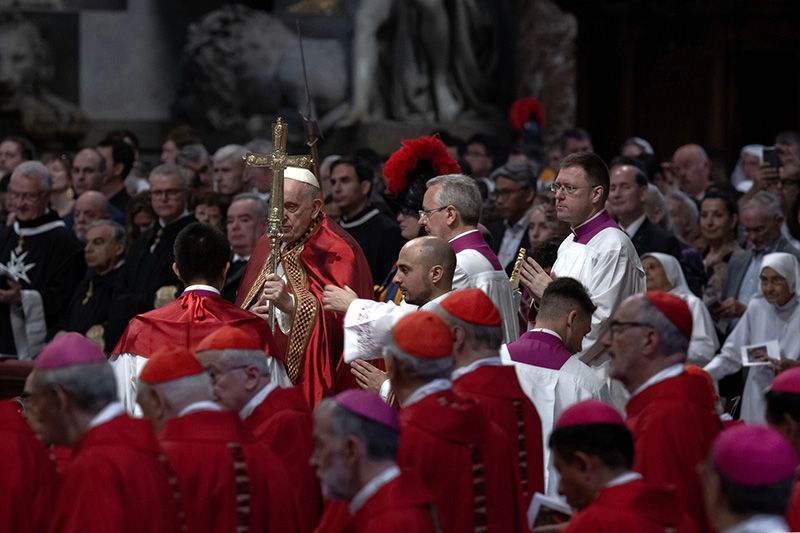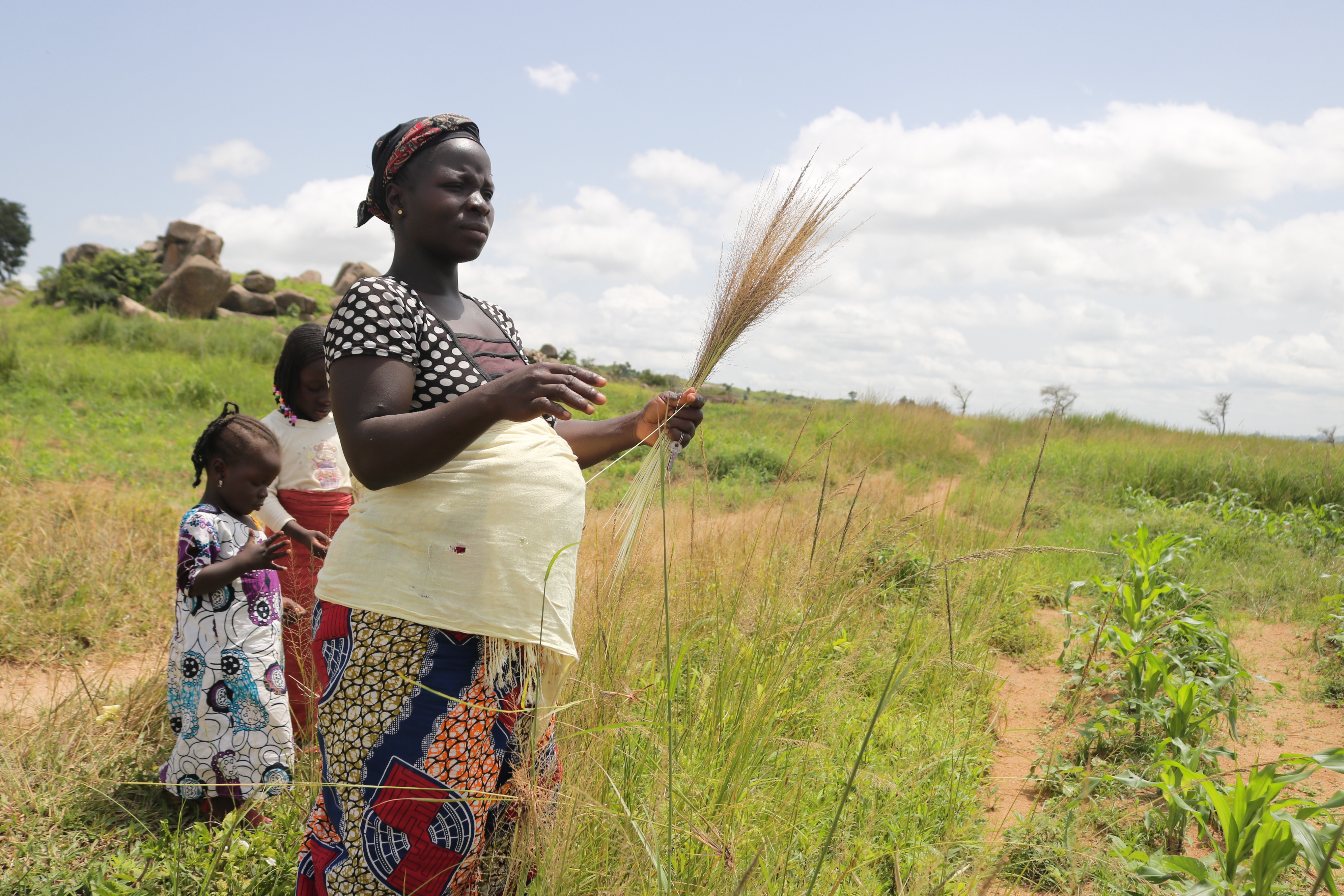The ongoing killings of Christian in Nigeria is “religiously motivated” and “almost entirely fuelled by Islamist extremism” according to a new report today.
In the report, Nigeria: Unfolding Genocide? Three Years On, by the All-Party Parliamentary Group for International Freedom of Religion or Belief, religious extremism is cited by over half of respondents as the biggest driver of violence that has claimed tens of thousands of lives and displaced more than two million people.
“For years now, academics, politicians and major western NGOs in the west have downplayed the role of Islamist extremism in this slaughter,” said Henrietta Blyth of Open Doors UK and Ireland, one of the groups that contributed to the report.
“Instead, they have focused on ethnicity or climate change, both factors. But when I speak to women or men whose families have been butchered or villages burned down, they are clear. They know who is persecuting them and why. Why are we erasing their voices?”
She added, “This is a perilous situation, not just for Christians, but for the whole nation. This is, to quote the report, ‘a land grab facilitated by ethnic cleansing’, and it’s religiously motivated.”
Although religious conflicts date back many decades in the region, it has been rapidly intensifying with the infiltration of Jihadist groups into the region such as Boko Haram, Islamic State West Africa Province and radicalised members of the Fulani people. Although people of all faiths have been affected by the violence, figures from the Observatory for Religious Freedom show Christians in the middle belt of the country are proportionately more likely to be killed.
According to Open Doors, at least 5,950 Christians were killed for their Christian identity in Nigeria – that is 89 per cent of those killed for their faith anywhere in the world.
However, people of other faiths have also been targeted, such as Yahaya Sharif-Aminu, a Sufi musician originally sentenced to death and the head of the Humanist Association of Nigeria, Mubarak Balas, sentenced to 24 years in prison. Both were charged with blasphemy in Sharia courts.
Several contributors have highlighted how so much of the violence goes unchallenged by both government and security services. According to the International Organisation for Peace building and Social Justice, “A culture of impunity is deeply ingrained throughout society, in which many believe that those perpetrators breaking the law rarely face justice.”
In the foreword the DUP MP Jim Shannon says, “It will come as no surprise to fellow parliamentarians that I care deeply about Nigeria. I have had the privilege of visiting the country twice as a Member of Parliament – most recently in May 2022. There, I heard first-hand the gruelling stories of religious-based persecution. I was humbled by meeting brave women who fled their abductors and abusers. I was inspired by the strength of faith the persecuted exhibit. But I was also alarmed.
“My last visit to Nigeria was four years on from when the All-Party Parliamentary Group for International Freedom of Religion or Belief first started collecting evidence for our report Nigeria, Unfolding Genocide? That report assessed the harrowing situation in Nigeria and the rampant violations of freedom of religion or belief. It stressed the urgency of action. And yet, I did not find in 2022 that the situation in Nigeria had improved. In fact, a mass shooting in southwestern Nigeria mere days after my visit cemented this concern.”
He says a “significant driver” of religious-based persecution in Nigeria is Islamist extremism. “A devastating example can be found in the mass shooting and bomb attack that occurred at St Francis Xavier Catholic Church in Owo, Ondo State, on 5 June 2022. Estimates for the number of faithful who died range from 40 to 80 people. This attack was notable not only for the large number of lives lost, but also for having occurred in southwestern Nigeria – typically a peaceful state. In recent years, attacks from extremists have been concentrated in northern Nigeria. The Owo mass shooting marked a concerning spread of violence through the country.”
Nigeria now ranks sixthth on the Open Doors World Watch List, with more Christians are killed for their faith in Nigeria than in the rest of the world combined. On average, 14 Christians are killed each day in Nigeria. “This needs to stop. We cannot stand idly by while so many lives are lost,” says Shannon.



 Loading ...
Loading ...